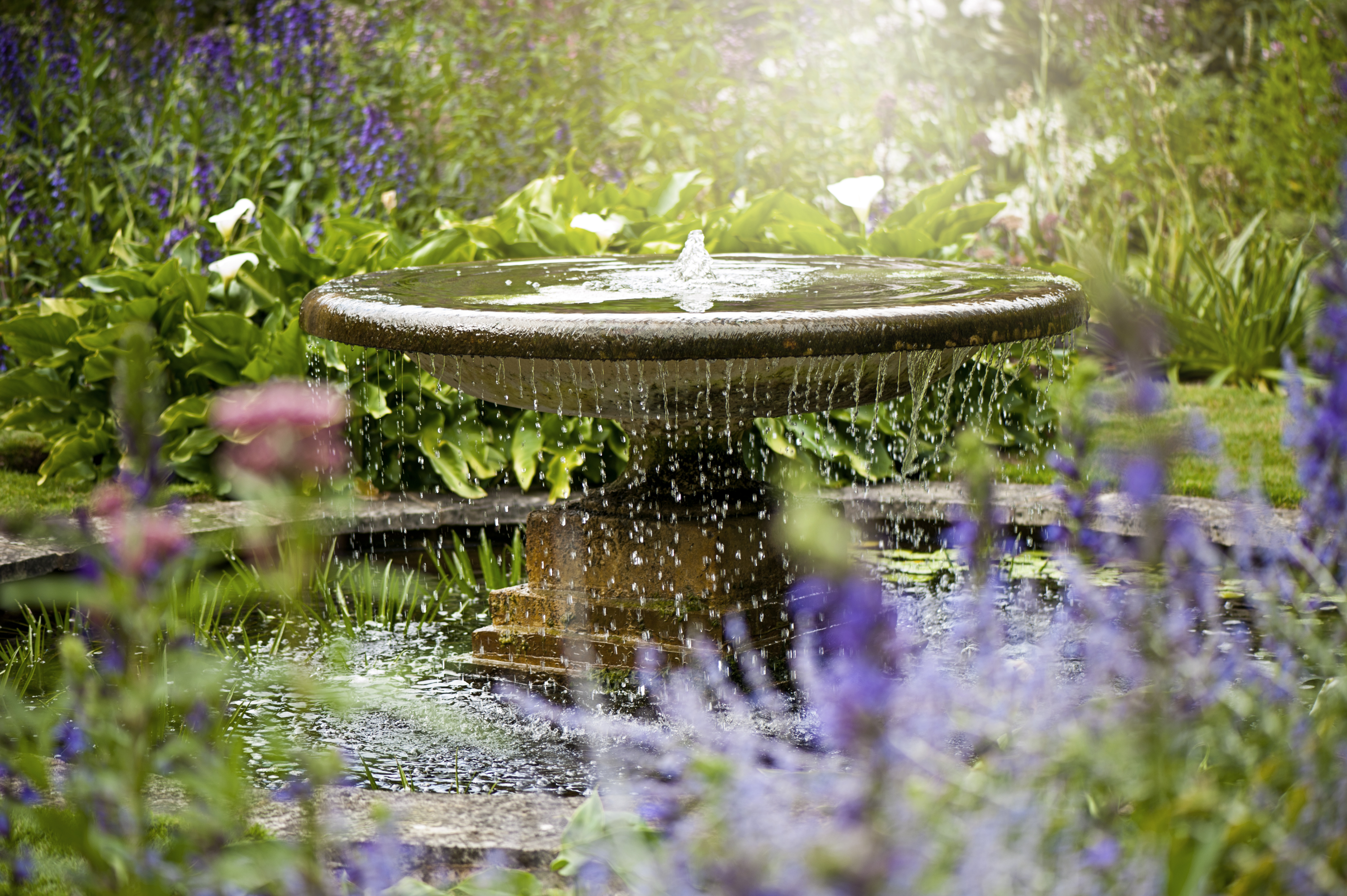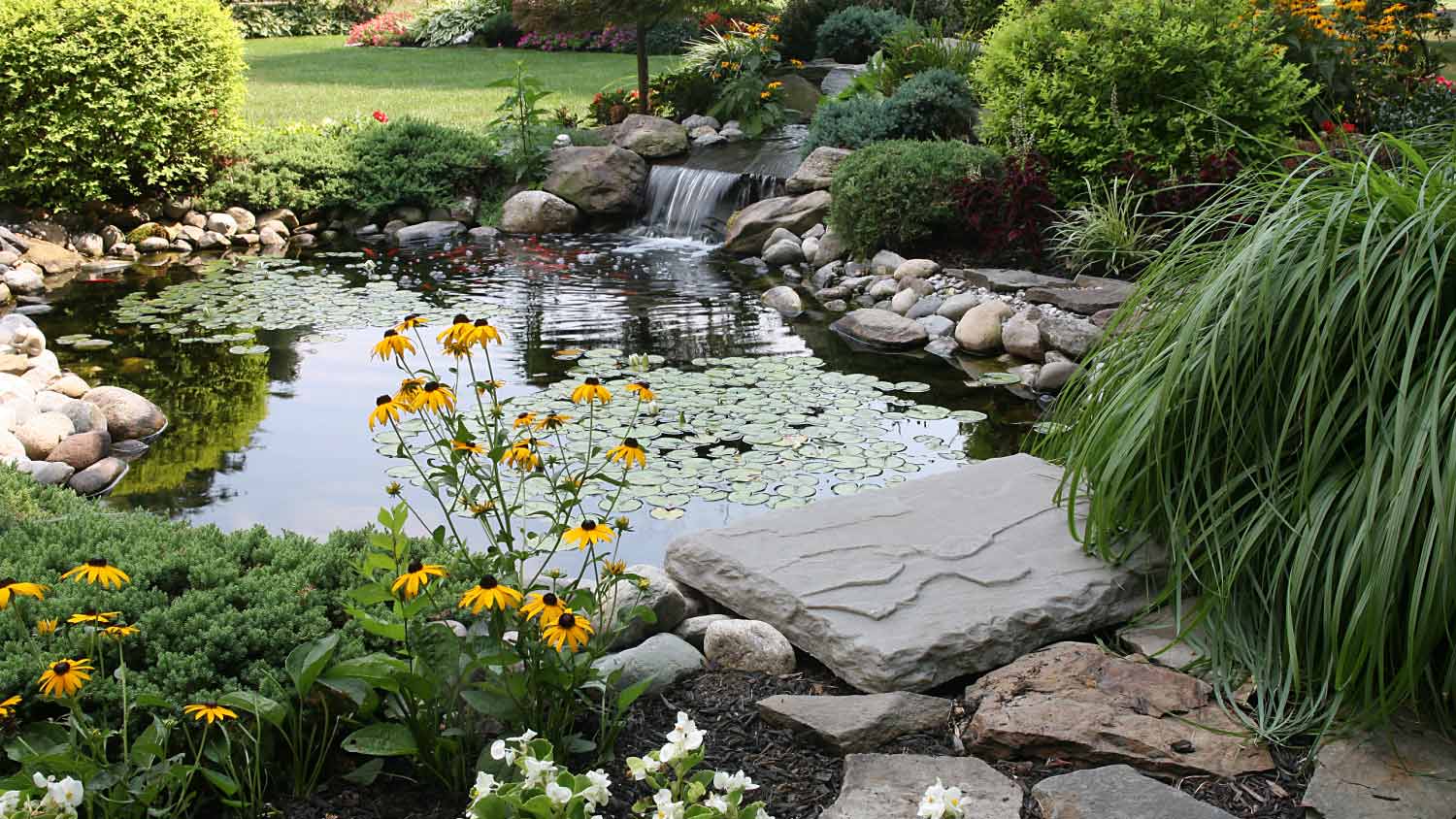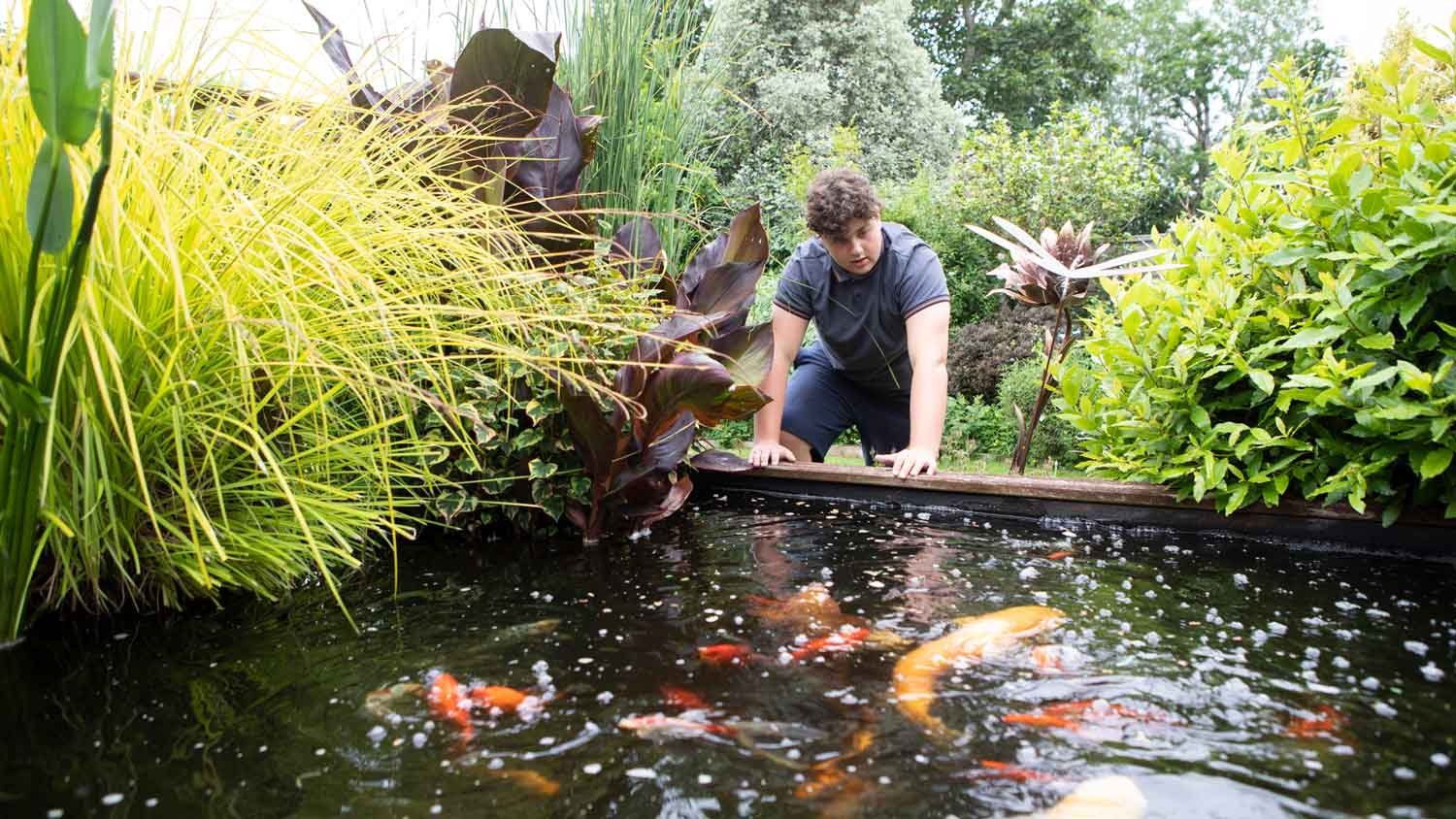
Get matched with top fountain pros in Plymouth, NE
Enter your zip and get matched with up to 5 pros
Need a pro for your fountain service project in Plymouth, NE?
Find Fountain pros in Plymouth
No results for Fountain pro in
Try adjusting your search criteria.The Plymouth, NE homeowners’ guide to fountain services
From average costs to expert advice, get all the answers you need to get your job done.
 •
•Discover how much it costs to build a pond. Learn about average prices, cost factors, and tips to plan your backyard pond project with confidence.
 •
•Discover the average outdoor water fountain installation cost, including key price factors and tips to help you budget for your project.
 •
•Discover the cost to install a fountain in your pond, including average prices, key cost factors, and tips to save money on your pond fountain installation.

Regular outdoor fountain maintenance will keep your water feature looking and working great. Follow these tips to learn how.
 •
•Discover how much it costs to stock a pond, including average prices, key cost factors, and tips to help homeowners plan their pond stocking project.

A backyard oasis could be just a few steps away. Get koi pond ideas to inspire your own backyard water landscaping and answers to commonly asked questions.
- De Witt, NE Fountain pros
- Wilber, NE Fountain pros
- Crete, NE Fountain pros
- Dorchester, NE Fountain pros
- Firth, NE Fountain pros
- Friend, NE Fountain pros
- Hickman, NE Fountain pros
- Hanover, KS Fountain pros
- Roca, NE Fountain pros
- Milford, NE Fountain pros
- Beaver Crossing, NE Fountain pros
- Bennet, NE Fountain pros
- Lincoln, NE Fountain pros
- Walton, NE Fountain pros
- Palmyra, NE Fountain pros